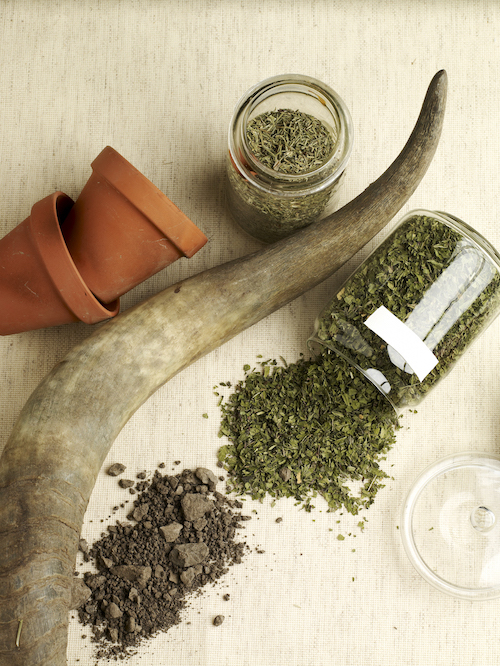As we commemorate a century since the inception of biodynamic farming, it’s an opportune moment to reflect on its roots, evolution, and the impactful journey it has charted within organic farming. This milestone not only highlights the enduring relevance of biodynamics but also underscores the commitment of farms like Southbrook, which proudly holds the certification from Demeter, the global standard for biodynamic farming.
The Genesis of Biodynamics
Biodynamics traces its origins back to the visionary philosopher and scientist, Rudolf Steiner. In 1924, Steiner delivered a series of eight seminal lectures in response to increasing concerns over the impacts of monoculture and the burgeoning use of chemical fertilizers and pesticides.
Steiner’s lectures introduced a revolutionary approach to farming, one that emphasized the holistic integration of crops, livestock, and ecological diversity. His pioneering ideas laid the foundation for what would become the biodynamic movement, a method of farming that views the farm as a self-sustaining organism, where all elements are interconnected and interdependent.
Core Principles of Biodynamic Farming
At the heart of biodynamic farming are several key principles that distinguish it from other agricultural practices:
1. Holistic Management: Biodynamic farms operate as closed-loop systems, wherein every aspect—from soil health to animal welfare—is carefully managed to promote balance and harmony.
2. Biodynamic Preparations: Specially prepared herbal and mineral concoctions, such as compost preparations and field sprays, are used to enhance soil fertility and stimulate plant growth.
3. Cosmic Rhythms: Biodynamic farmers pay close attention to lunar and astrological cycles, timing planting and harvesting activities to align with natural rhythms.
4. Biodiversity: A diverse range of crops and livestock is cultivated to create a resilient and healthy ecosystem.
Southbrook: A Beacon of Biodynamic Excellence
Southbrook Vineyards stands as a shining example of the principles and practices that define biodynamic farming. As a Demeter-certified biodynamic winery, Southbrook has committed to producing wines that reflect not only the excellence of the vineyard but also the health of the ecosystem that supports it.
The Southbrook Experience
Southbrook’s dedication to biodynamics is evident in every aspect of their vineyard management. By nurturing the soil with biodynamic preparations, and fostering biodiversity, Southbrook produces wines that are not only exquisite in flavor but also a testament to the sustainable practices behind them.
Visitors to Southbrook can witness firsthand the harmony and vitality that biodynamic farming brings to the land. From vibrant, diverse cover crops that enrich the soil to the careful timing of vineyard activities, every detail at Southbrook speaks to a profound respect for nature and its cycles.
The Impact and Future of Biodynamic Farming
As we celebrate 100 years of biodynamics, it’s essential to recognize the broader impact this movement has had on sustainable agriculture. Biodynamic farming has inspired countless farmers to adopt practices that prioritize ecological health, animal welfare, and soil regeneration.
Looking ahead, the future of biodynamic farming is bright. With growing awareness of environmental issues and an increasing demand for sustainably produced food and wine, biodynamics offers a viable path forward. As more farms like Southbrook embrace biodynamic principles, we can look forward to a future where agriculture works in harmony with nature, ensuring the long-term health of our planet.
Conclusion
As we mark a century since Rudolf Steiner’s groundbreaking lectures, we celebrate not just the longevity of biodynamic farming but also its profound impact on sustainable agriculture. Farms like Southbrook exemplify the principles of biodynamics, showing us that it is possible to farm in a way that is both productive and harmonious with nature.
Here’s to 100 years of biodynamics—and to many more years of cultivating a healthier, more sustainable world.

